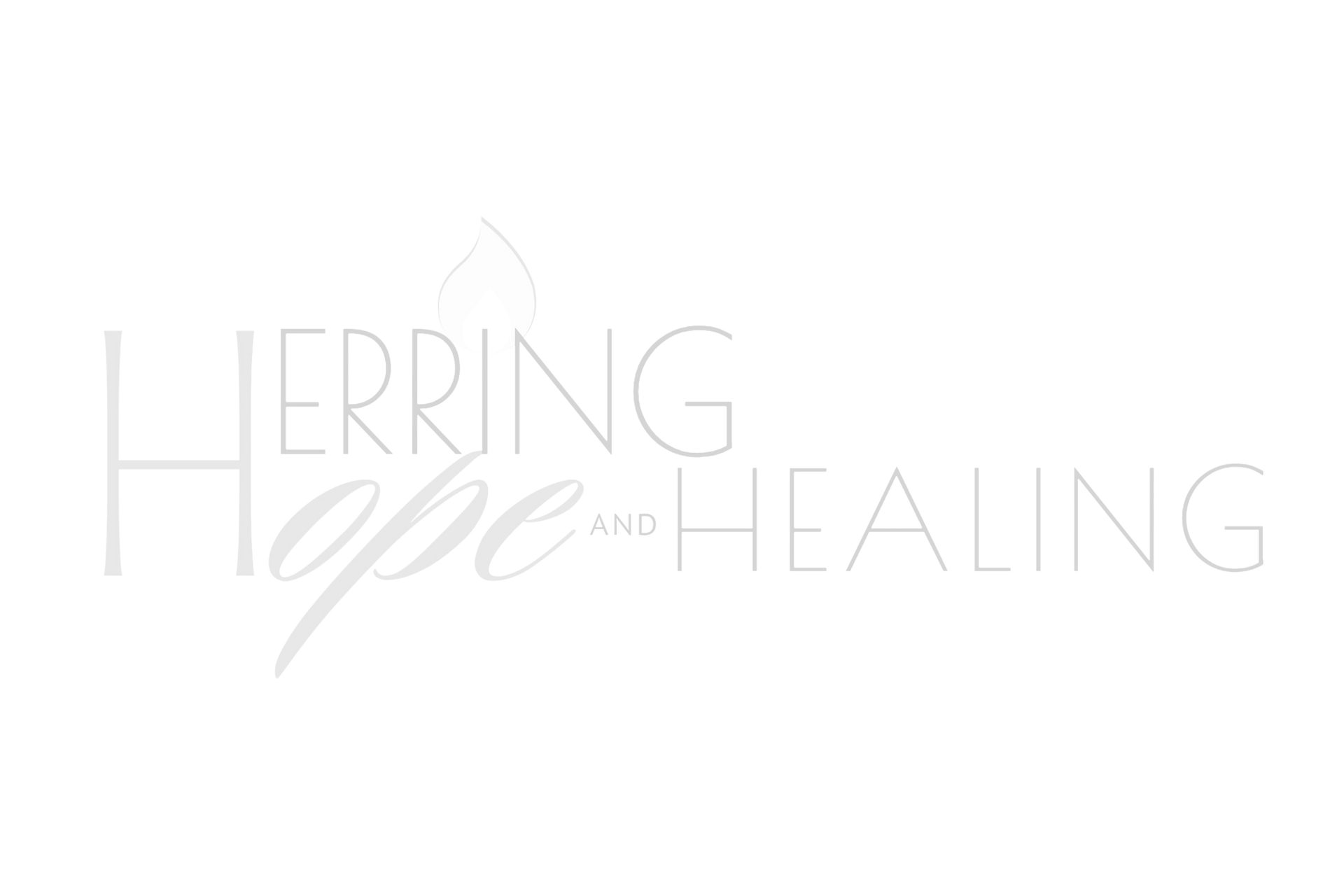Adultification of Black Girls
Discipline in Schools

Morris (2018) discusses education from the perspective of considering the framework of oppression. While it is important to examine how trauma impacts female sexual trauma survivors in school, it is necessary to recognize that the issue of sexual trauma and schools cannot be addressed without addressing intersectionality, and how the intersections of race, trauma and socioeconomic status interact to inform how educators respond to girls who have been sexually traumatized. Morris (2018) discusses the necessity to examine oppression in school in contrast with systems of white supremacy and how schools wither uphold white supremacist ideals or disrupt them. Perry & Morris (2018) reveal the fact that while there is a plethora of academic research on racism, gender, and sexual assault, there continues to be a lack of research and resources for research around how racism, gender, and trauma impact black girls--particularly darker skinned black girls. In learning about the school experiences of girls who are sexual trauma survivors it is imperative to examine the histories of their girls themselves and their cultures of origin to understand the roots and foundational aspects of the traumas that they hold and have in their personal perspectives in addition to the results of sexual trauma.
Morris (2018) submits that the root cause of more harsh discipline practices among black girls is the adultification of black girls. The Annie E. Case Foundation and the Georgetown Law Center on Law on Poverty and Inequality (2017) conducted a study entitled “The adultification of black girls.” The findings were that black girls were perceived as more developed and independent than white girls. The perception of black girls is that they are less innocent than their white peers. Young black girls were seen as less vulnerable. And according to the study, black girls have less need of comfort, nurturing and protection.




